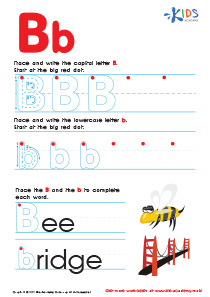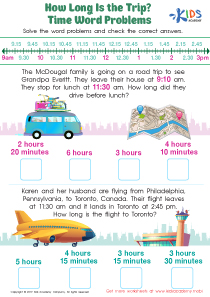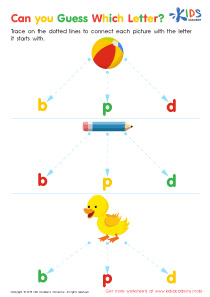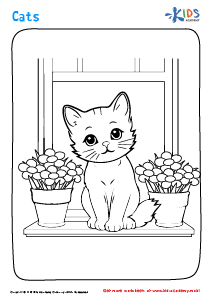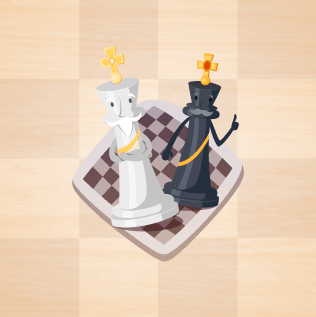Chess Lessons | Chess Basics for Ages 4-6
6 results
Introducing "Chess Basics for Ages 4-6," a captivating journey into the world of chess designed specifically for young minds. Our program combines interactive worksheets, engaging educational videos, and fun assessment quizzes tailored to ignite a passion for chess in children aged 4 to 6. Through playful yet educational content, kids will learn the fundamentals of chess, including piece movements, basic strategies, and the importance of sportsmanship. Whether your child is a budding grandmaster or picking up a chess piece for the first time, our chess basics course is the perfect starting point on their path to chess mastery. Enroll your child today and watch them embrace the joy of learning chess!
Unlocking Potential: How Chess Basics for Ages 4-6 Enhances Children's Studies
In the rapidly evolving landscape of early childhood education, innovative teaching methods are increasingly sought after to provide a strong foundation for young learners. Among these, chess has emerged as a powerful tool for cognitive development. Our program, Chess Basics for Ages 4-6, is specifically designed to introduce the intricate world of chess to young minds in a fun, engaging, and highly educational manner. Leveraging interactive worksheets, captivating educational videos, and constructive assessment quizzes, this program is not just about teaching chess but about unlocking a child's potential in various aspects of their studies.
Cognitive Development and Problem-Solving Skills
Chess is more than a game; it's a mental workout. Introducing children to Chess Basics at ages 4-6 can significantly enhance their cognitive development. The game teaches them to recognize patterns, understand consequences of actions, and plan ahead. These skills are directly transferable to their studies, improving their ability to solve mathematical problems, follow sequences in stories, and comprehend complex concepts in science. Our interactive worksheets and videos are designed to gradually introduce these concepts in a manner that is accessible and enjoyable to young learners.
Boosting Memory and Concentration
Memory and concentration are pivotal in the realm of academics. Chess demands a great deal of both, as players must remember the rules of the game, recall opponents' moves, and focus deeply to strategize their next steps. Our Chess Basics program for Ages 4-6 incorporates memory games and concentration exercises disguised as chess activities. This not only boosts their chess skills but also enhances their academic performance by improving their ability to concentrate on tasks and retain information more effectively.
Enhancing Reading and Math Skills
You might wonder how a board game can enhance reading and math skills. The answer lies in the structured learning approach of our Chess Basics curriculum. The educational videos and interactive worksheets introduce chess vocabulary and notation, which helps in expanding the children's vocabulary and comprehension skills, essential components in reading proficiency. Moreover, chess involves constant calculations and pattern recognition, which are fundamental skills in mathematics. As children learn to navigate through the chessboard, they are simultaneously developing their math skills, often without even realizing it.
